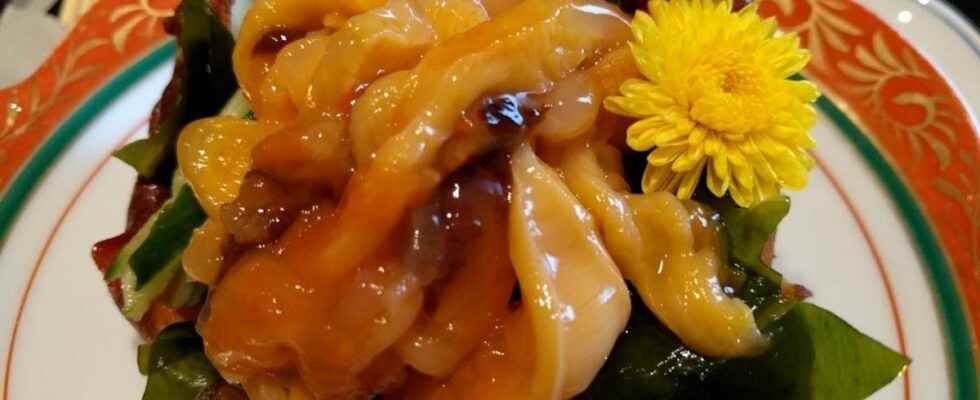Posted ,
Reading 2 mins.
A new study suggests that eating sea squirts – small marine animals that appeared 500 million years ago – may slow the biological effects of aging.
According to researchers, supplementing your diet with sea squirts, small marine organisms that inhabit the oceans, would slow down time. They would indeed contain “plasmalogens”, which could prove valuable for regenerative medicine.
Plasmalogens may slow cognitive decline
Researchers from Xi’an Jiaotong-Liverpool University, Stanford University, Shanghai Jiao tong University and the University’s Chinese Academy of Sciences recently found that ascidians – eaten raw or cooked – contain “plasmalogens”, substances with astonishing powers.
Present in the body – particularly in the heart, brain and immune cells, they have the particularity of decreasing over time. This loss is all the more important in the event of a neurodegenerative disease (Alzheimer’s, Parkinson’s, etc.).
To observe the anti-aging effects of plasmalogens on the body, the researchers decided to include them in the diet of elderly mice.
They then discovered that mice fed the plasmalogen supplement had more synapses (areas between two neurons that deteriorate with age) than older mice that had not received the supplements. They were also more efficient when tested in water (Morris water maze).
The elderly mice doped with plasmalogen would thus have shown new aptitudes and skills (faster learning, creativity) compared to the group of control mice.
“Our research suggests that plasmalogens may not only halt cognitive decline, but also reverse cognitive impairment in the aging brain. Aged mice fed with plasmalogens also developed thicker and shinier new black hair than aged mice not fed the supplement.”reveals Professor Lei Fu, author of the study.
NO to diets, YES to WW!
Towards a new therapeutic treatment?
Another important point: the inflammation of the brain in the old mice was considerably reduced, which explains their good results in terms of learning and memorization.
Plasmalogens would thus contribute to the growth and development of neurons and synapses in the brain.
“For the first time, we show that plasmalogen supplements could be a potential intervention strategy to arrest neurodegeneration and promote neuroregeneration. Oral intake of plasmalogens could be a feasible therapeutic strategy to improve cognitive function in the elderly.”.
Ascidians could therefore eventually heal our sick or damaged organs by regenerating our own cells.
Some ascidians are already eaten in some countries: in the Mediterranean region under the name of “Sea fig”, “Biju” or “Violet”; in Latin America as “piure” or in Korea as “mideodeok”.
